On a farm near Moscow, the cows are walking around with VR goggles strapped to their heads in an effort to improve their living conditions, relax them, with the ultimate goal for them to produce more milk.
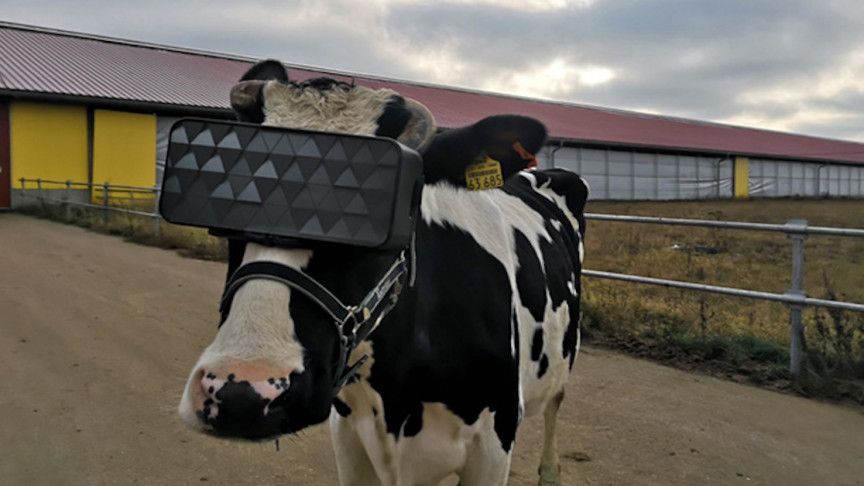


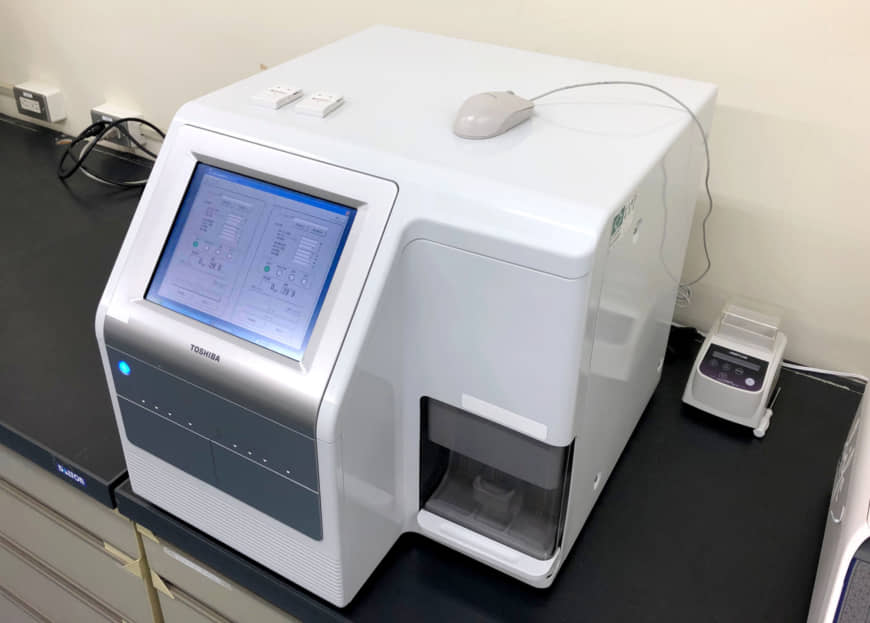
Trump Reveals Hospital Tranparency Rule To Make Hospitals Show You How Much Your Treament Is Costing! (In Effect In 2021)
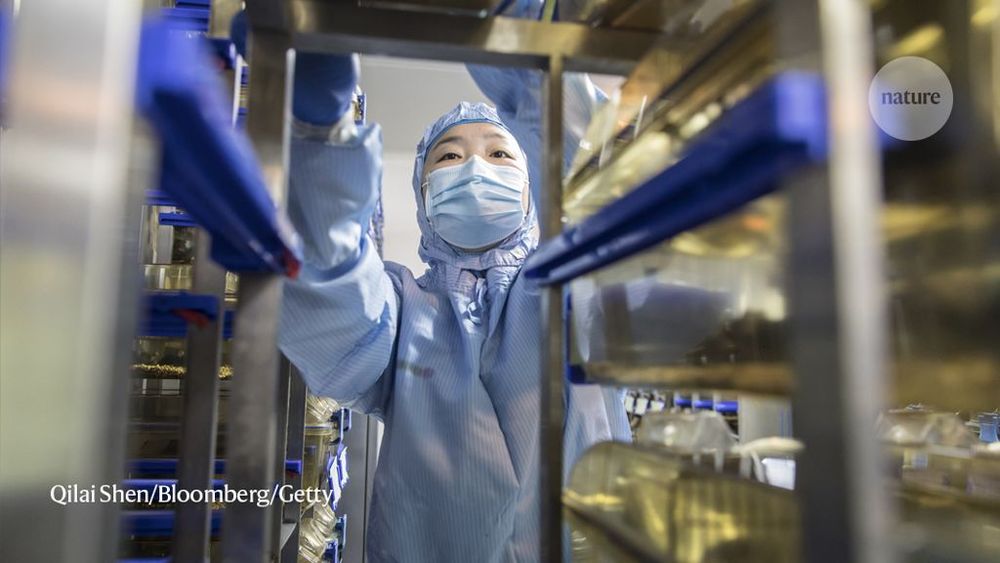
China’s strides towards reform have been well received domestically and abroad, but effecting lasting change is hard2. To better characterize the situation, my team has studied global retraction data alongside national grants and applications that were revoked. We also surveyed researchers online and interviewed major stakeholders in China3,4. These included experts on university ethics committees, programmes for research-integrity training and plagiarism detection, as well as funding-programme managers, journal editors and academics. Here, I outline major challenges in research integrity, and potential strategies and solutions to buttress it.
A swift increase in scientific productivity has outstripped the country’s ability to promote rigour and curb academic misconduct; it is time to seize solutions.
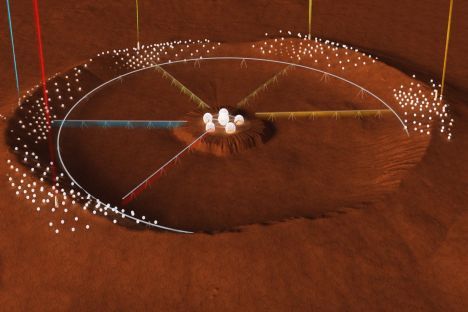


Adding one more to the count of data breaches this year, now joins the cellular firm T-Mobile. Recently, T-Mobile has disclosed a security breach impacting some of its customers.
T-Mobile Disclosed Security Breach
According to the security notice shared by T-Mobile, the firm has (once again) suffered a security breach. The incident has reportedly impacted prepaid consumers.

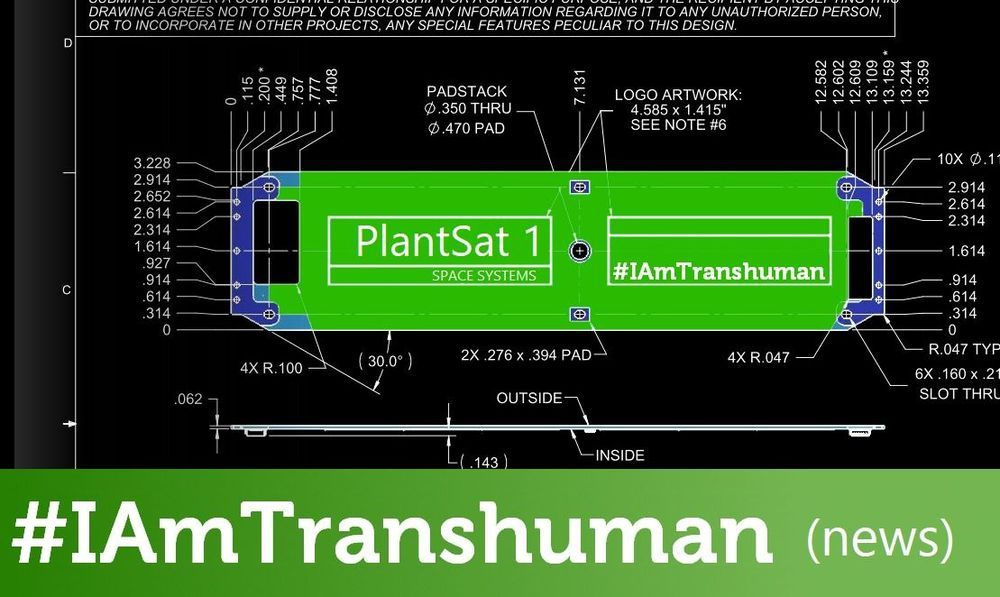
#IAmTranshuman is heading into space onboard PlantSat 1, a project worked on in part at the Transhuman House.
The IAmTranshuman (ist) web site is about the stories of transhumanists, from professors to artists and everything in between from all walks of life. IAmTranshuman is about helping humanity grow and be more then what we were through the responsible use of technology.